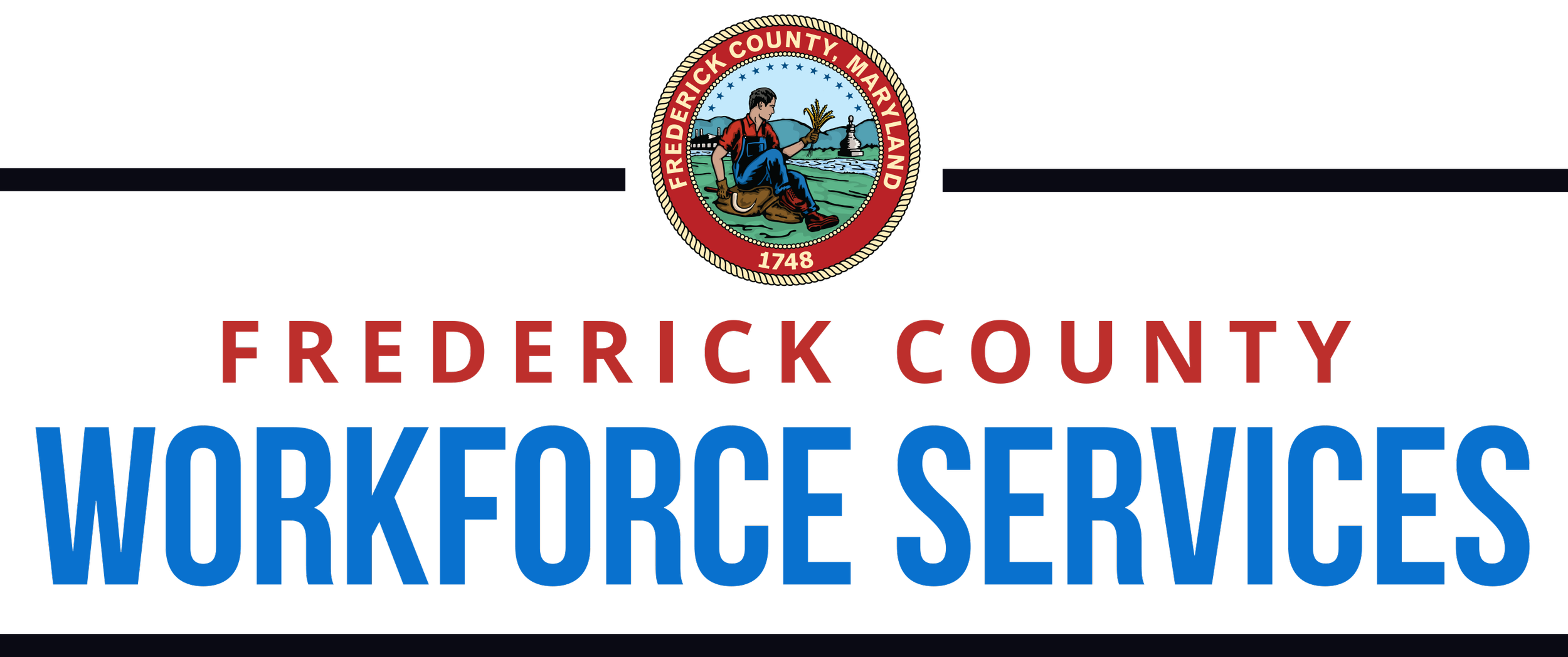Beware of Employment Scams
As businesses begin recruiting again, some scammers will be taking advantage of job seekers returning back to work. According to the Better Business Bureau (BBB), an estimated 14 million individuals were exposed to employment scams between 2018-2019, and that number will continue to rise as the pandemic slows down. With an increasing number of employment scams, it may be hard to decipher if a job posting or recruiter is legitimate or not. Let's take a look at 3 dilemmas job seekers face when trying to figure out if a job posting or recruiter is a scam - and ways to reduce employment fraud.
“To prevent being scammed, always do your research. Even before responding to a recruiter’s request to talk, search the company online, try to find the job posting on other websites, and research the person who is contacting you. ”
Scenario 1:
You are approached by a recruiter (via email, job board, etc.) for a job that you don't remember applying to and it's with a company you are not familiar with.
This is a common scenario, as job seekers are applying for several positions each day and may have a hard time keeping track of their job applications. However, if you are being strategic about your job search, you can significantly reduce the chance that this will happen to you. First and foremost, try to keep track of where you have applied for jobs by using an Excel or Google spreadsheet, Word or Google Doc, or a pre-existing PDF fillable form. The tracker should include the date you applied, the company you applied to, and possible next steps. Additionally, most job search websites keep track of where and when you applied, making it somewhat easier for you to access these details.
To reduce recruiter scams, be mindful of where you upload your resume. As job search engines encourage you to upload your resume and/or add personal information, try to only include what’s necessary. If you are using LinkedIn or another professional platform, there is no need to upload a resume to complete your profile. Reducing the amount of personally identifiable information you put out there and sticking to your employment history makes it harder for scammers to target fake job announcements.
Scenario 2:
You're long-term unemployed and were approached by a recruiter about a job that sounds good but seems too easy.
When job seekers realize they are being scammed, they usually indicate that communication from the recruiter seemed slightly off. However, they ultimately chose to ignore the red flags because they needed to work. Unfortunately, this is what employment scammers are hoping for as it allows people to be more susceptible to being scammed.
You can avoid false job announcements by paying close attention to the following RED FLAGS:
The use of incorrect grammar or unprofessional conduct (threatening language, pressure, sounding frustrated if/when you ask for more details.)
There's no real interview process, yet you're “hired.”
Requests for private identifiable information (driver’s license, work authorization, bank account information, social security number) prior to being interviewed and/or receiving an offer letter. Authentic offer letters include company letterhead, your salary, hours you’ll be working, benefits, and the name/contact information of the HR personnel/ recruiter extending the offer.
You are asked to pay a fee or send money to them prior to you starting the job or before signing a contract. The amount and/or the reasoning behind the request doesn't make sense or sound secure.
The job announcement, recruiter information, and/or company details are missing and/or don't align with what you have researched.
To prevent being scammed, always do your research. Even before responding to a recruiter’s request to talk, search the company online, try to find the job posting on other websites, and research the person who is contacting you. If you can't find the company or the recruiter online, then try LinkedIn as most recruiters have a completed profile. If they don't have a profile, or if they have a profile with limited information, then it may be prudent to question the legitimacy of the source.
Scenario 3:
I accepted the job offer and provided some personal information, yet I haven't heard from the company or recruiter in weeks.
Sometimes, job seekers don't realize they have been scammed until after they've provided identifiable information or money, or when the “next steps” the scammer stated were going to happen never actually do. While it may be embarrassing to admit you've been scammed, you’re NOT alone. The best thing you can do is act quickly by reporting it to the Federal Trade Commission (FTC), Better Business Bureau (BBB), as well as to the website where you were initially solicited. Additionally, inform credit bureaus and your bank or credit card company to see what resources are available to monitor your accounts in the event that your identity or financial information is used by the scammer.
Please click on the links below for more tips and information you can take if you have been the victim of an employment scam:
The Federal Trade Commission
What To Do if You Were Scammed | FTC Consumer Information
Better Business Bureau (BBB)
Additional References
Better Business Bureau (BBB)
Shine Learning
Tech Gig
https://content.techgig.com/8-ways-to-detect-a-fake-job-offer/articleshow/74297518.cms
The Federal Trade Commission

